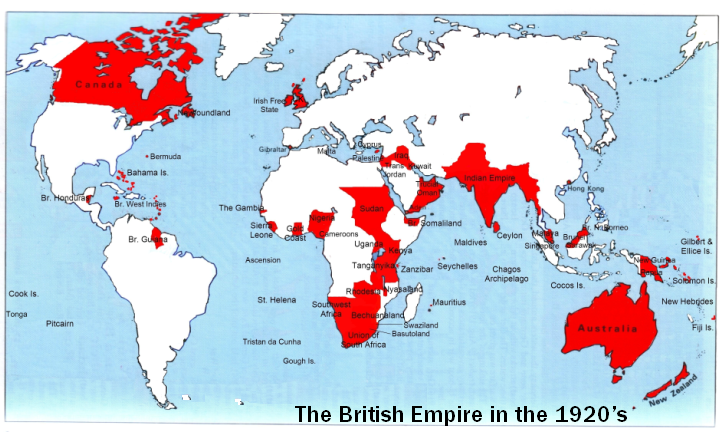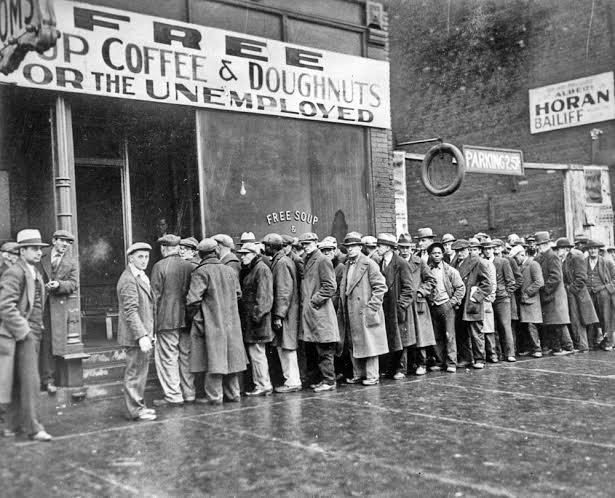
The British Empire, once the largest and most powerful empire in the world, saw a significant decline in the 20th century. At its peak, the empire controlled a quarter of the world's land and population, with territories spanning across Africa, Asia, and the Americas. However, by the end of the Second World War, the empire had begun to unravel, and within a few decades, Britain's global influence had diminished significantly. In this post ,I will examine the factors that contributed to the fall of the British Empire.
1.The Costs of Two World Wars
The First and Second World Wars took a heavy toll on Britain's economy and resources, leaving the country with a depleted military and a weakened economy. The wars also strained Britain's relationships with its former colonies, as the empire was forced to rely on their support in the war effort. After the wars, Britain was unable to maintain its former level of control and influence over its colonies, as they increasingly sought independence and self-determination.

2.Economic Decline
The post-war period saw Britain's economy struggle to recover, and its once dominant position in world trade was gradually lost to rising competitors like the United States and Germany. This economic decline made it increasingly difficult for Britain to maintain its empire, as it struggled to finance the cost of colonial administration and defense.

3.The Rise of Nationalism and Decolonization
The post-war period saw the rise of nationalism and anti-colonial sentiment, as colonies and former colonies sought independence and self-rule. Britain was unable to hold on to its empire, as it faced growing demands for independence from its colonies and increasing political pressure from the international community. In the 1940s and 1950s, Britain granted independence to many of its colonies in Africa and Asia, and by the late 20th century, the empire had largely dissolved.
4.The Loss of Strategic Interests
The decline of the British Empire was also influenced by the loss of strategic interests, as Britain's former colonies became independent nations. Britain's interests shifted towards Europe and NATO, and it gradually withdrew its military and political influence from its former colonies.
In short if I want to say, the fall of the British Empire was the result of a combination of economic, political, and strategic factors. The costs of two world wars, Britain's declining economy, the rise of nationalism and decolonization, and the loss of strategic interests all contributed to the decline of Britain's once great empire. The fall of the British Empire marks a significant chapter in world history, as Britain's global influence diminished, and the world became more politically and economically diverse.
